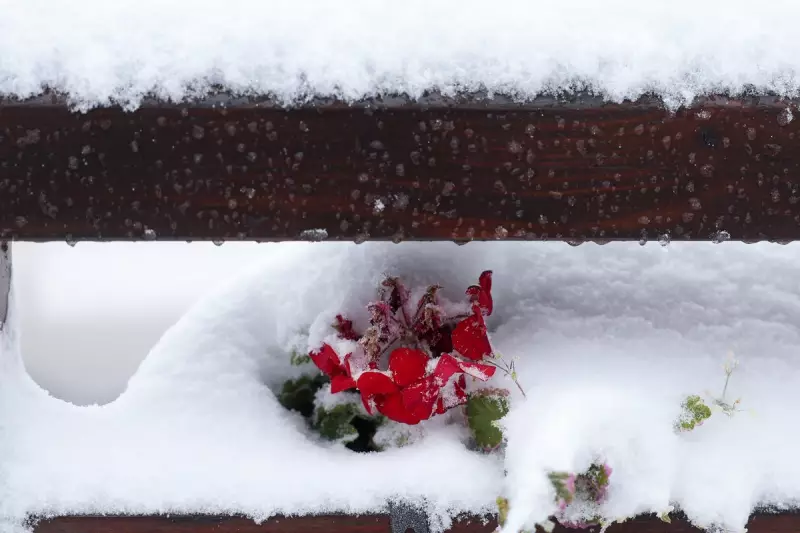
International experts are issuing stark warnings that Bosnia and Herzegovina stands perilously close to renewed conflict, as escalating nationalist rhetoric threatens to shatter the fragile peace maintained since the 1990s war.
A Region on Edge
The Western Balkans face their most dangerous period in decades, with Bosnia at the epicentre of growing tensions. Political analysts monitoring the situation describe a perfect storm of ethnic division, external interference, and failed diplomacy pushing the region toward potential violence.
The Key Players Fueling the Flames
Serbian President Aleksandar Vučić and Bosnian Serb leader Milorad Dodik are increasingly employing divisive language that echoes the nationalist rhetoric preceding the brutal conflicts of the 1990s. Their recent statements have alarmed international observers who fear history may be repeating itself.
Sarajevo's Precarious Position
The capital city, once a symbol of multicultural coexistence, now grapples with deepening ethnic divides. Residents who lived through the previous war express growing anxiety that their children may face similar horrors as political leaders continue to prioritise ethnic interests over national unity.
International Response Falls Short
Despite numerous diplomatic initiatives and peacekeeping efforts, the international community's approach has failed to address the root causes of tension. Experts argue that current strategies are inadequate to prevent the situation from deteriorating further.
What's at Stake for Europe
The potential collapse of stability in Bosnia represents more than a regional crisis—it threatens European security architecture and could trigger refugee flows and political instability across the continent. The European Union faces mounting pressure to develop a more effective strategy before it's too late.
A Warning from History
Many of the same political dynamics and nationalist narratives that preceded the 1992-1995 war are reemerging, creating eerie parallels that concern historians and conflict prevention specialists alike. The international community's failure to heed early warnings in the 1990s led to one of Europe's bloodiest conflicts since World War II.






